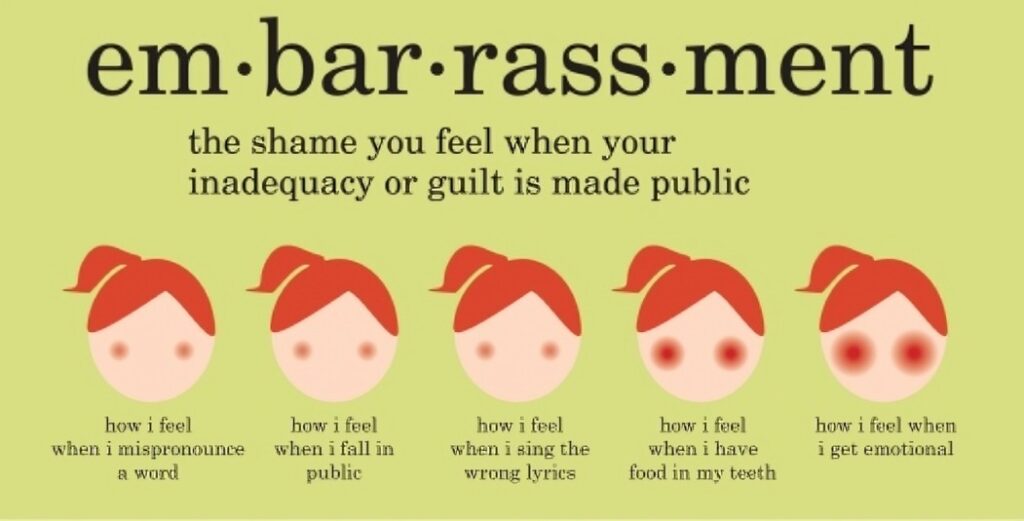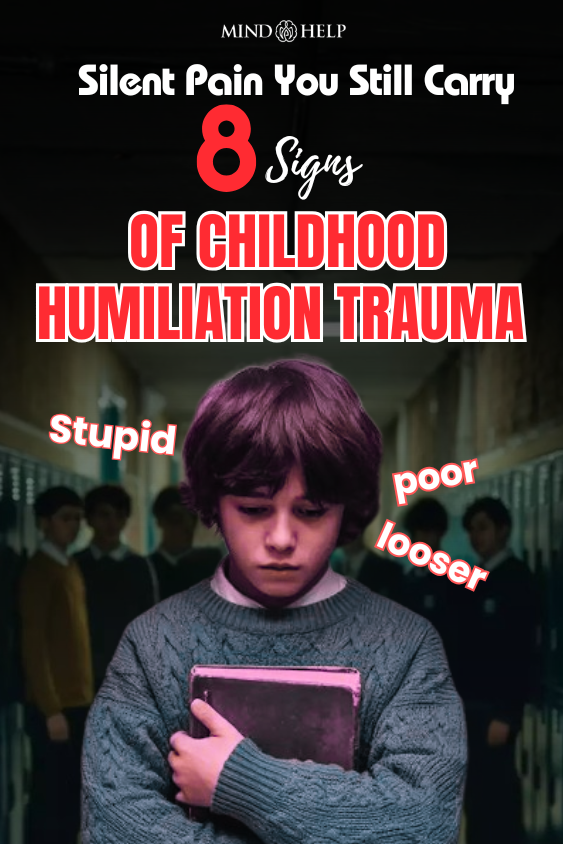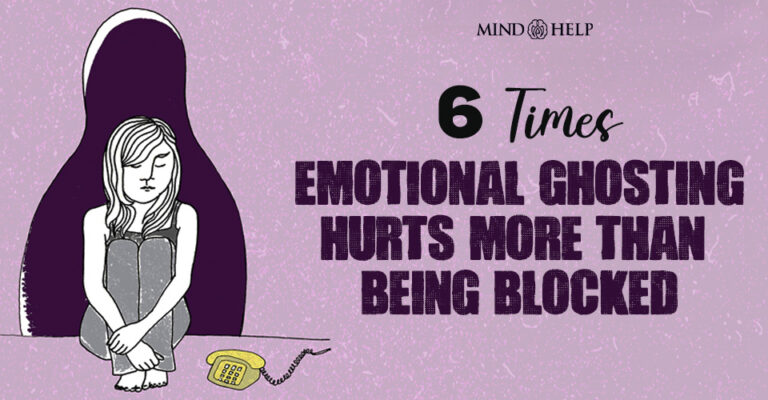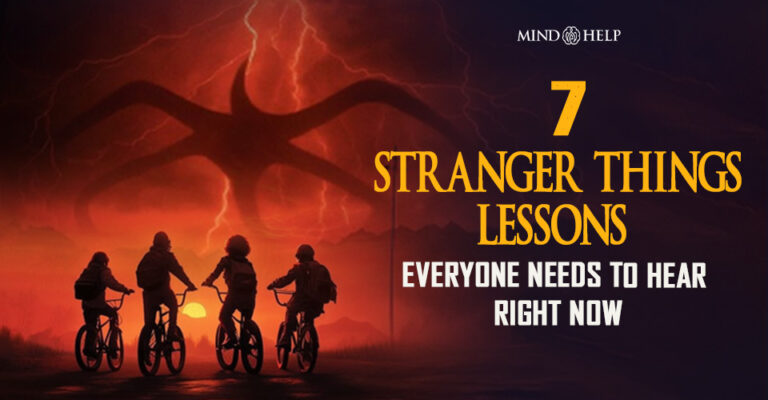Sometimes, the things that hurt us most aren’t bruises, they’re words, laughter, or the dismissive looks that made us feel worthless. That’s humiliation trauma.
Maybe it was a parent constantly criticizing you, a teacher laughing at a mistake in front of the class, or friends who backbit and spread rumors about you.
Or maybe it was that moment on stage where your mind went blank, and everyone stared. Events like this can leave deep emotional scars.
This World Mental Health Day, let’s explore this type of trauma and how to recognize it…
What Is Humiliation Trauma?
Humiliation is a painful sensation many of us experience when our actions, and sometimes others’ actions, make us feel inferior. It leads to a hidden form of trauma resulting in low-esteem, skewed identity, even worthlessness.
So, even years later, you might notice something that happened 10 years ago, shaping how you feel about yourself, how you relate to others, and how much joy you allow yourself.
It’s important to recognize the childhood humiliation trauma symptoms to heal and reclaim your self-worth.

Check out the signs of humiliation trauma you might be carrying:
1. You replay embarrassing moments over and over
Do you catch yourself thinking, “Why did I say that? I must have looked stupid”? Even years later, that stage mishap, that snide comment, or that joke at your expense keeps haunting you. That’s one of the classic signs of humiliation trauma.
2. You’re terrified of making mistakes in front of others
Even tiny errors feel catastrophic. You may overprepare, second-guess yourself, or avoid trying new things because the fear of humiliation looms larger than the thrill of success.
3. You’re highly sensitive to criticism
A friendly suggestion feels like a judgment, and feedback makes your chest tighten. This hyper-awareness is your mind trying to protect you from being hurt again.
4. You put everyone else’s needs first
You’ve learned that keeping a low profile and making others happy keeps ridicule away. You give a lot but rarely receive, because somewhere inside, you equate your worth with pleasing people.
5. You withdraw from social situations
Crowds, meetings, or even small gatherings can feel like pressure cookers. You stay quiet, stick to the shadows, or avoid events entirely to dodge the chance of embarrassment.
6. You struggle to assert yourself
One of the childhood humiliation trauma symptoms is that saying “no” feels impossible. Expressing your needs triggers guilt or fear of ridicule. You’ve been conditioned to believe that speaking up leads to rejection or shame.
7. You carry chronic self-doubt
You constantly question your abilities, your choices, and even your value as a person. That inner voice criticizing you might be a leftover echo of the humiliation you faced as a child.
8. You feel unappreciated or invisible
No matter how hard you try, it feels like your efforts don’t count. That lingering sense of rejection is one of the cruel imprints of humiliation trauma.
Read more here: Tired Of Bad Vibes? This Egg Cleanse Ritual Might Be The Answer!
Recognizing these patterns is the first step to healing. This World Mental Health Day (October 10th), take a moment to check in with yourself. If these signs feel familiar, help yourself with Therapy, self-compassion, and supportive relationships.
These things can help you rebuild the confidence you once lost and remind you that your worth isn’t tied to your past.
Are you ready to free yourself from the shadow of humiliation trauma? Tell us your thoughts in the comments!
Frequently Asked Questions (FAQs)
What is humiliation trauma?
When our actions, and sometimes others’ actions, make us feel inferior, it leads to a hidden form of trauma resulting in low-esteem, skewed identity, even worthlessness. This is known as humiliation trauma.
How to deal with being humiliated?
Two important things you can do is first distract yourself, even if its hard to. When you feel less affected by the situation, take a moment to process it. And, of course, talk to friends, a therapist, or anyone you trust.
Can you get PTSD from embarrassment?
Yes it’s possible. Extreme embarrassment from a social event can lead to PTSD symptoms in some people.




